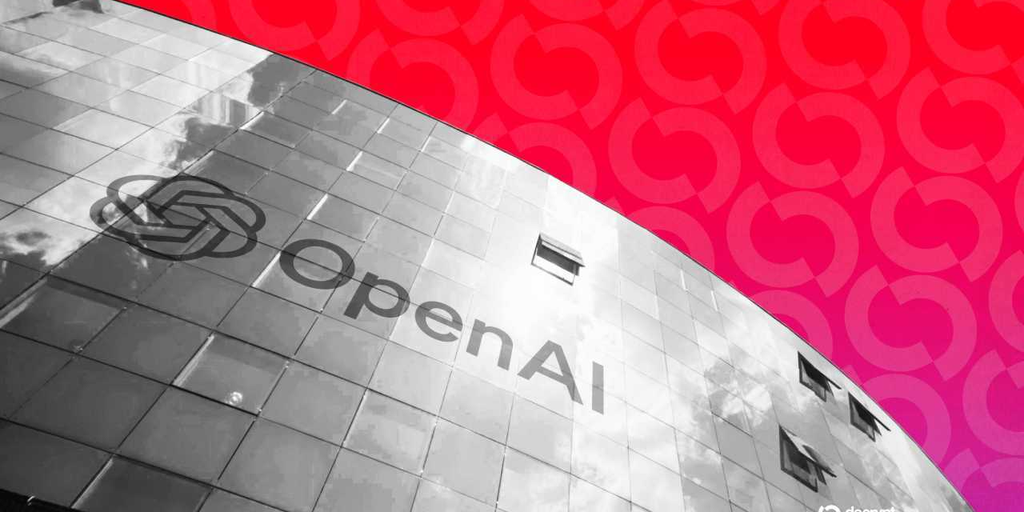
In short
- ChatGPT Atlas is initially available on macOS, with versions for Windows, iOS and Android to follow. 
- It is built on the Chromium engine and includes the Operator AI agent that can automate tasks such as booking reservations and filling out forms. 
- The launch marks OpenAI’s shift from a chatbot provider to a major browser gateway – a potential threat to Google Chrome’s dominance.
OpenAI unveiled ChatGPT Atlas on Tuesdaymarking its entry into the AI browser market with a tool that combines the familiar web surfing experience with built-in AI support.
Atlas will initially be available on macOS on Tuesday, with Windows, iOS and Android versions expected to follow. “We want to bring this to Windows and mobile users as quickly as possible,” OpenAI CEO Sam Altman said in a livestream.
The browser is built on the open-source Chromium engine, which also underpins Google’s dominant Chrome and Microsoft Edge, and is designed to tightly integrate AI-powered capabilities. That includes the agent known as Operator: software that can autonomously fill out forms, book reservations, summarize content, and assist with tasks right within the browser environment.
By becoming both the interface and the tool of browsing, OpenAI positions itself not only as a service to be accessed via browsers, but as the browser itself, entering a domain long ruled by Chrome – still the default for some three billion users worldwide.
In essence, OpenAI seeks to shift the gateway through which users access the Internet, thereby capturing a greater share of the traffic and monetization that flows around browsing behavior, search, and attention.
It is far from guaranteed that this move will succeed. Users are deeply entrenched in existing browsers; Migrating at scale means delivering real value in ways that matter. The AI agent functions must perform reliably, seamlessly, and securely. Only then will users consider switching.
Furthermore, questions about privacy and control are amplified when a browser adopts proactive agent functions rather than just serving pages. As industry watchers warn, the technical execution and business model will determine whether ChatGPT Atlas becomes a major player or just another experiment in browser innovation.
For content creators, publishers and writers, the consequences can be profound. As browsing begins to shift from manual navigation and keyword searches to conversational commands and agent-driven actions, strategies around SEO, web traffic, content discovery, and user behavior may need to evolve.
In short, OpenAI’s browser launch is a turning point in the way the internet can be accessed, although we’ll see if users will respond positively to the AI giant’s latest move.
Generally intelligent Newsletter
A weekly AI journey narrated by Gen, a generative AI model.


